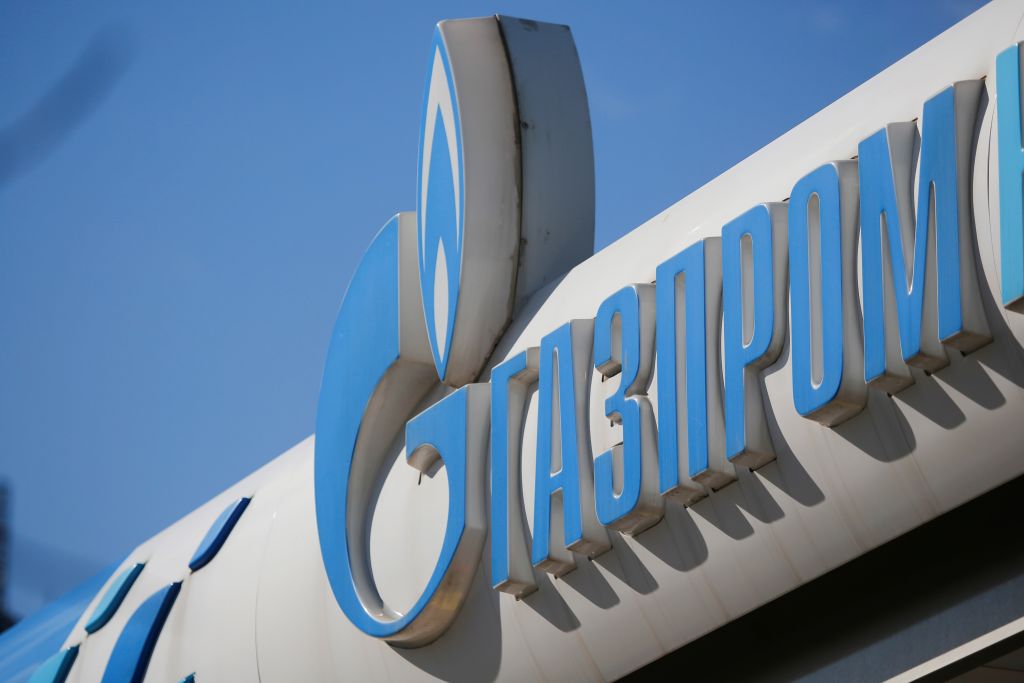
Russia’s Gazprom PJSC said its key gas pipeline to Europe won’t reopen as planned, moving the region a step closer to blackouts, rationing and a severe recession. The pipeline was due to reopen on Saturday after maintenance. But in a last-minute statement late on Friday, the company said a technical issue had been found and the pipe can’t operate again until it’s fixed.It’s a massive blow to Europe, which is scrambling to fill up its gas storage ahead of winter and which has been trying to second-guess Moscow’s next steps in the energy war for weeks. As Europe tries to implement measures to get through the winter, Moscow is keeping its policy makers on tenterhooks.
Read more: Europe’s Energy Crisis Is Going to Get Worse. The World Will Bear the CostA leak of oil was detected at a gas turbine that helps pump gas into the link, Gazprom said. There’s no indication how long fixing it may take. Similar oil leaks were previously detected at some other turbines, which are out of action now, and “complete elimination of oil leakage on these turbines is possible only in the conditions of a specialized repair company,” Gazprom said.It marks a dramatic escalation in Europe’s energy crisis—and comes just as prices were easing. If the shutdown persists, it puts households, factories and economies at risk, weakening Europe’s hand as it backs Ukraine in the war against Russia.The Kremlin has already drastically reduced gas deliveries over the course of several months. Kremlin insiders have said Moscow is using the supply cuts to raise the political heat on European leaders in an effort to force them to reconsider their support for Kyiv.
German Economy Minister Robert Habeck said this week the country can’t rely on Russia for gas at all, and the government was already bracing for further halts in flow for more maintenance.
The complete halt of Nord Stream, which runs under the Baltic Sea to Germany, would leave only two major routes supplying gas to the European Union: one via Ukraine and TurkStream through the Black Sea. Flows through Ukraine have also been curbed, while TurkStream to the south of Europe is operating without disruptions.
Read more: Climate-Conscious Architects Want Europe To Build Less
Europe has been seeking to prepare for the risk of a Russian gas cutoff by replenishing reserves, securing alternative supplies such as liquefied natural gas from the US and reining in demand.
The Europe Union is also considering unprecedented interventions in the energy market, including price caps, reducing power demand and windfall taxes on profits. That helped push down prices this week.
In Germany, Chancellor Olaf Scholz’s coalition is discussing a relief package this weekend to help German consumers and businesses deal with soaring energy costs.
Despite efforts to contain the crisis, Europe remains exposed after decades building up a reliance on cheap Russian gas, which last year covered about 40% of the the EU’s needs for the fuel. About half of the EU’s member states have been affected by the lower flows.
More Must-Reads from TIME
- Cybersecurity Experts Are Sounding the Alarm on DOGE
- Meet the 2025 Women of the Year
- The Harsh Truth About Disability Inclusion
- Why Do More Young Adults Have Cancer?
- Colman Domingo Leads With Radical Love
- How to Get Better at Doing Things Alone
- Michelle Zauner Stares Down the Darkness
Contact us at letters@time.com